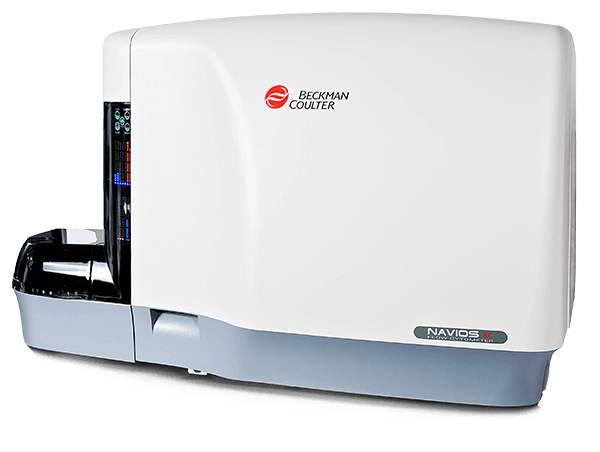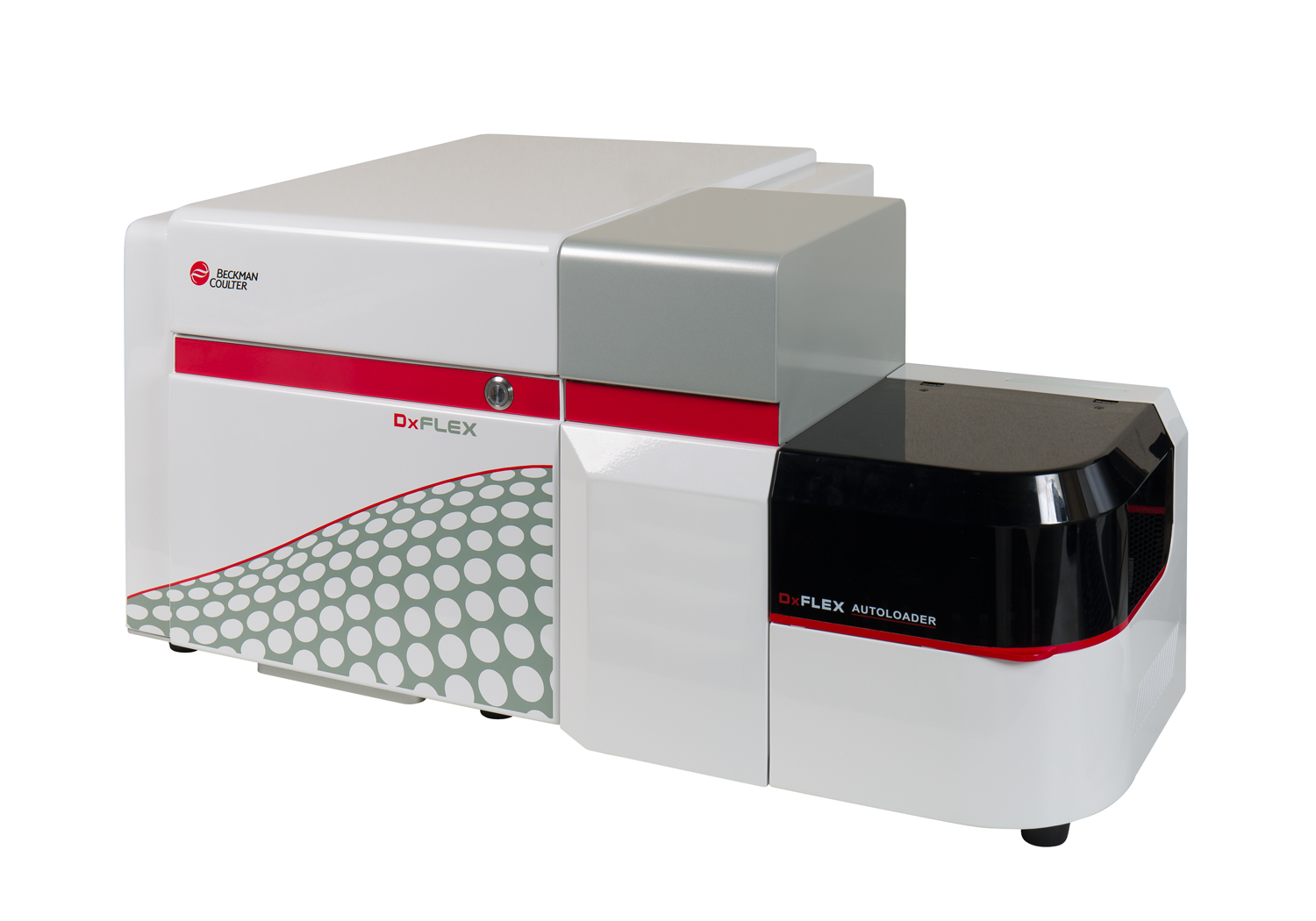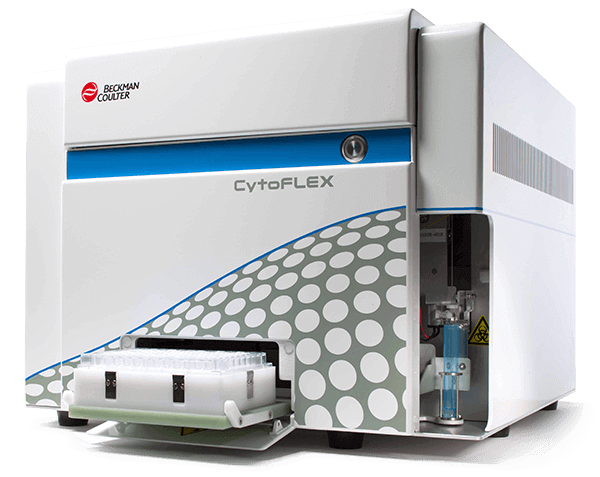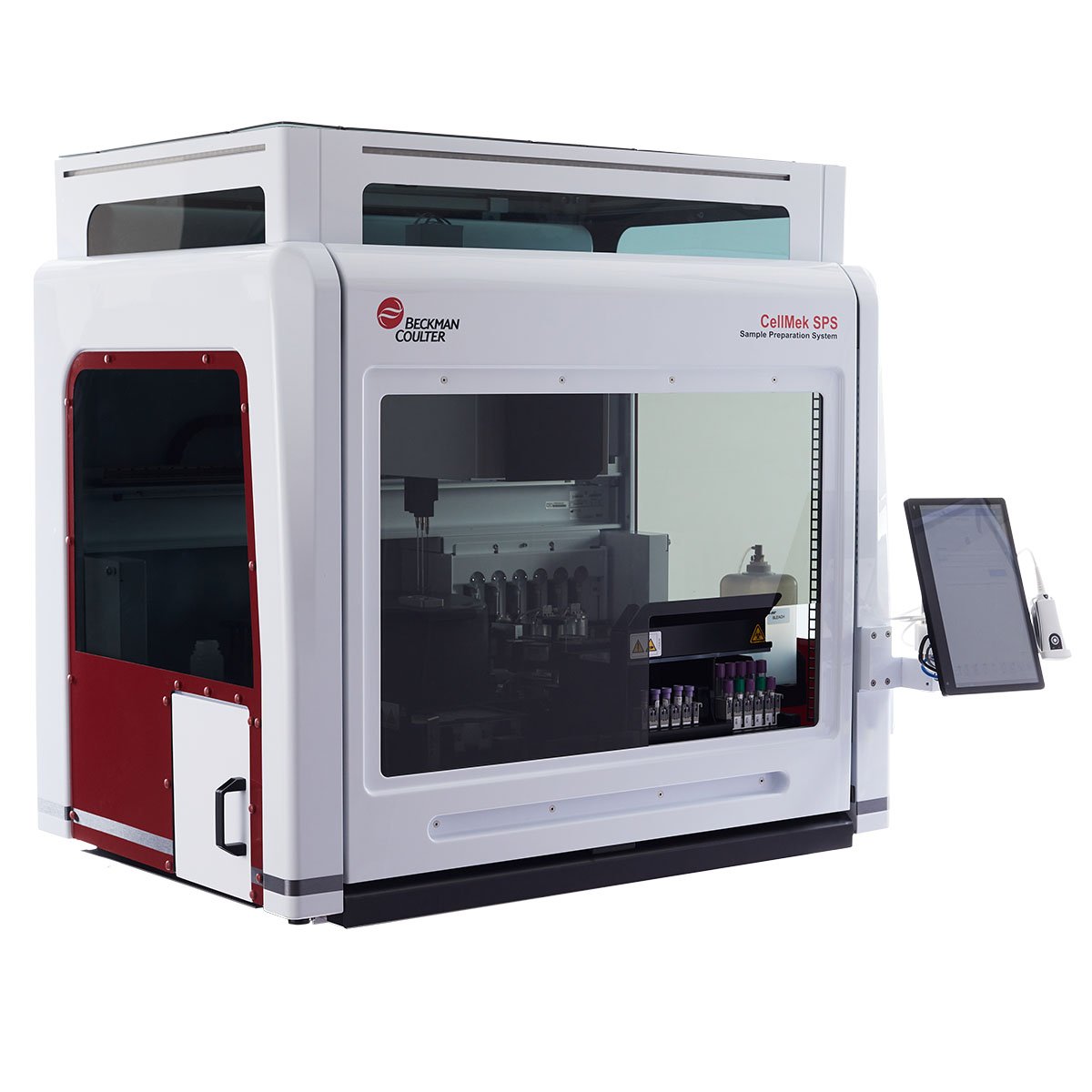CD158f (KIR2DL5) Antibodies
The CD158f molecule (also known as KIR2DL5) is a 60 kDa monomeric glycoprotein with two Ig-like extracellular domains and a long cytoplasmic domain. CD158f is an inhibitory receptor and a member of the KIR (Killer-cell Immunoglobulin-like Receptor) family of receptors, which recognizes subsets of HLA-Class I alleles. KIR2DL5 gene is found in only a fraction of individuals in the population, and it is represented in the human genome by two genes, KIR2DL5A and KIR2DL5B. KIR2DL5 has alleles with mRNA transcripts that are clonally distributed in NK and T lymphocytes. KIR2DL5 is predicted to encode a purely inhibitory receptor, according to its signaling motifs (two ITIMs (Immunoreceptor Tyrosine-based Inhibition Motif) and a 1 transmembrane region lacking charged amino acid residues). KIR2DL5, together with KIR2DL4, are the only members of a gene lineage coding for KIR with a D0–D2 organization of the Ig-like domains, which distinguishes them from all other KIR2Ds, having domains of the D1-D2 type. Upon tyrosine phosphorylation, KIR2DL5 recruits the Src homology region 2-containing proteintyrosine phosphatase-2 and, to a lesser extent, Src homology region 2-containing protein tyrosinephosphatase-1. KIR2DL5 is an inhibitory receptor which may play a specialized role in innate immunity. In particular, it is expressed in a fraction of blood NK cells with the CD56dim phenotype and in a variable proportion of circulating T lymphocytes.
| Clone: UP-R1 | Isotype: IgG1 Mouse |






